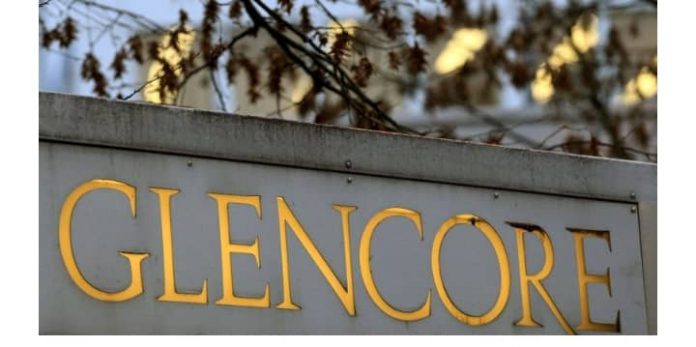The National Union of Mine workers’ (NUM) highveld region has called for urgent intervention by President Cyril Ramaphosa to address Transnet’s inability to efficiently transport coal, which threatens more than 35 000 livelihoods within the coal sector.
According to the union, the urgency of this matter could be measured by the recent notification of section 189 retrenchments served to NUM by Glencore.
This comes after mining and marketing company Glencore was said to have issued letters to employees informing them that it was going to institute a retrenchment process at its iMpunzi coal operation in Mpumalanga, citing the poor performance of Transnet.
NUM highveld regional chairperson Malekutu Motubatse said Glencore sent out the section 189 letters, and NUM was supposed to have started with the consultations with Glencore, but due to some organisational issues, they were hoping the consultation would start later this week.
“The elephant in the room here is Transnet,” he said.
When asked for comment, Glencore said: “Please note that we have no comment.”
Several other JSE-listed companies such as Exxaro, Kumba, among others, have been losing billions of rand due to Transnet’s operational failures.
Transnet, the state-owned logistics firm, has been experiencing logistic and financial woes, and in its latest results, it reported a R5.7 billion loss for its 2023 year. It posted a massive loss due to the volumes delivered by its freight rail business dropping 13.6% during the period, from 173 million tons to 149 million tons.
Minister for Public Enterprises Pravin Gordhan has since asked the Transnet board to find a turnaround strategy by October.
In a statement, NUM said Transnet’s operations were a crucial cog in the country’s economy. They were responsible for moving most of the iron ore and coal that is produced in the country and then taken around the world.
“In the face of this impending crisis, the NUM highveld region is pleading with the president to intervene. The situation is very dire. The reduction in coal production due to the unavailability of trains to transport it to Richards Bay coal terminal jeopardizes thousands of quality jobs,” the union said.
NUM said volumes of coal transported on Transnet networks had declined by nearly a third over the past five years because of issues that include poor management and idle locomotives, cable theft and ageing tracks. Most coal miners had no choice but to use trucks to cash in on the record demand.
“The rail operations continue to be unreliable for the mining sector, causing harm to the economy. The NUM’s position is not to advocate or push for the privatisation of Transnet or the sale of its assets. Instead, we call for the optimisation of Transnet’s assets, which would not only safeguard the union’s interests but also inject much-needed revenue into Transnet,” the union said.
NUM said it wished to draw the president’s attention to the precedent set by Sanral, which owns roads in KwaZulu-Natal, but permits other trucks to utilise such routes, subject to tolls.
“A similar approach within the rail sector can alleviate the crisis without privatisation. We implore President Ramaphosa to act swiftly.
“The time for proactive leadership is now. We cannot afford to lose 35 000 jobs when viable solutions exist. The government’s inaction and negligence in this matter are untenable,” it said.
NUM said the coal sector was in turmoil, and time was running out.
The union said it was ready to work collaboratively with the administration to find practical solutions to the Transnet crisis.
“The fate of thousands of jobs, the well-being of countless families, and the stability of our nation’s economy are at stake,” NUM said.












